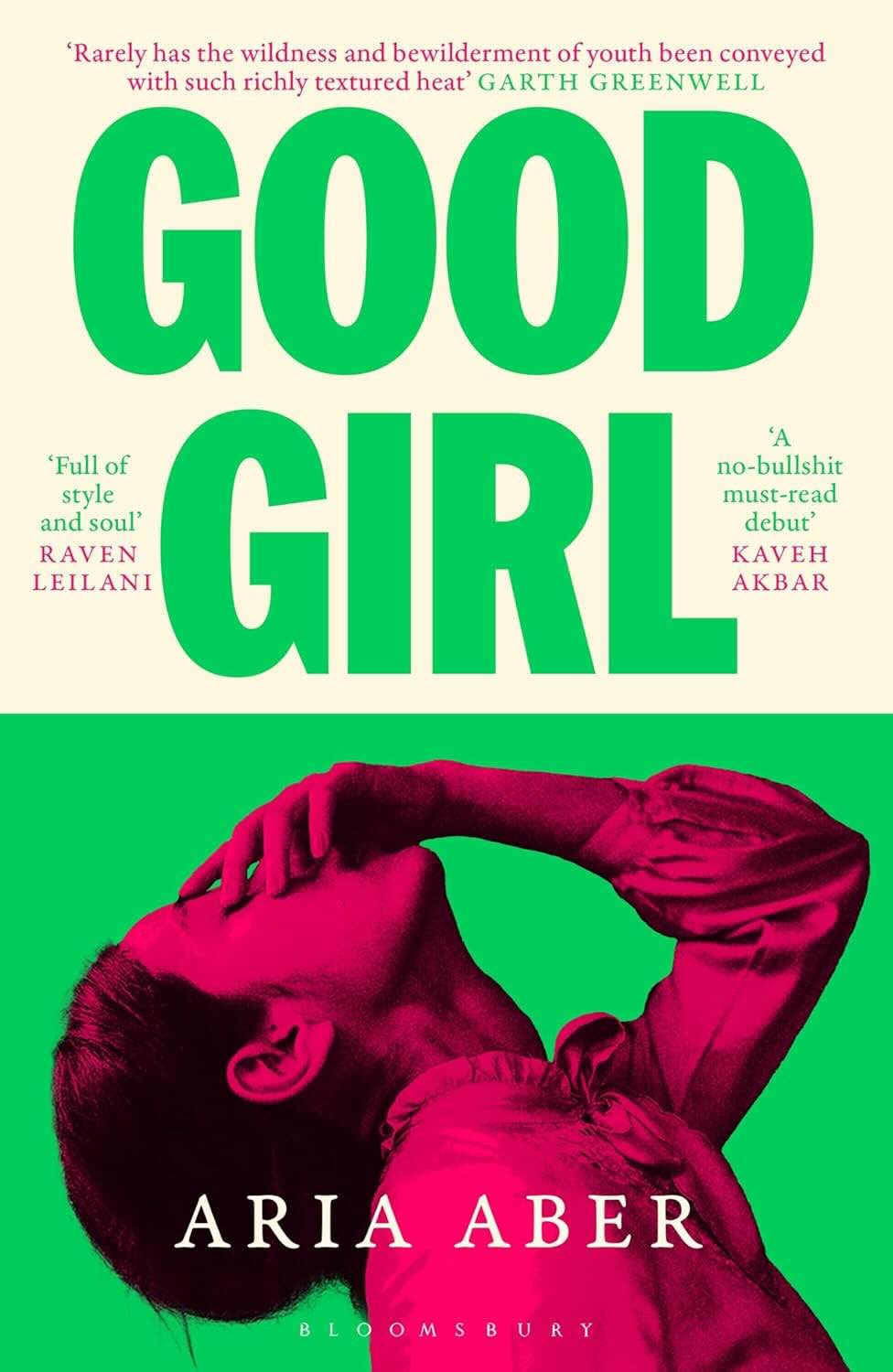I haven't done this in AGES!
I've read Armfield, Bradley, de Marcken, Gleeson, Gramazio, Greer, Howard, Hur, Ísberg, Langmead, Kushner, Mills, Mohamed, Noon, North, Reeves & Mieville, Roberts, Smith, Tchaikovsky x2, Whiteley and Winton.
Waiting on my Kindle are Dineen, Enrigue, Green, Jingfang, Khong, Kitasei, Lakshminarayan, Link, McGhee, McDonald, Phillips, Reynolds, Singh, Wilson and Woolf.
I've read the first books in the trilogies or duologies of Carey, Jacobs, Johnstone and Holborn.
Beyond those I'm eager to read Brooks, Curtis and Macleod and would be happy to read Cathrall and Crossan.
I'm not going to read Absolution until I have time to reread the trilogy. I won't be reading Machine Vendetta or any of the second books of the duologies/trilogies until I need a bit of a reading intermission: as interesting as they are, they're all relatively easy to read.
I thought I'd have read more on the submissions list! I'm sad that Eden Robins's brilliant Remember You Will Die wasn't submitted or Laura van den Berg's State of Paradise. I would add Playground and The Night Alphabet too. I seem to have read LOTS of great novellas and I'm assuming either they weren't submitted, not published in the UK, or are too short?
My shortlist is:
- Private Rites — Julia Armfield
- The Ministry of Time — Kaliane Bradley
- It Lasts Forever and Then It’s Over — Anne de Marcken
- The Siege of Burning Grass — Premee Mohamed
- Gliff — Ali Smith
- Juice — Tim Winton
I love Creation Lake but I'm not going to claim it for SF. I am fascinated, as always, by Aliya Whiteley's books and I'd be happy for the opportunity to read Three Eight One again. Similarly Lake of Darkness is a book to reread and discuss - weirdly(?) I kind of want to have an argument with it but I need someone to knock ideas about with. Other books I'd be happy to see on the shortlist would be either Tchaikovsky, Annie Bot and Toward Eternity. A word on The Book of Elsewhere: China doesn't need another Clarke for this obviously but I enjoyed the fantastic prose and the gusto with which he committed to the premise.
As for my shortlist... I'm reading a lot again now. I've read the longlists for the International Booker and the Women's Prize already this year as well as a greater proportion of non-fiction and classics. It's beginning to rewire my brain: I'm getting better at reading again and I'm asking better questions. These novels are rich and resonant, they helped me to feel and think and to understand better what I was thinking and feeling. Some of them are angry too. We need more anger.
If anyone wants to suggest what I prioritize what to read before (or after) the shortlist comes out - PLEASE DO!
The 2025 submissions list is here. I would argue that it not as rich in breadth and depth as last year's but I don't think means anything beyond the oddities of the publishing schedule. The 2024 shortlist was VERY rich and varied. It would have been easy to choose another six books, maybe even twelve, to create equally rewarding shortlists.
It is also annoying that a number of critically acclaimed titles get published in the US but not in the UK. Even waiting for Beautyland.was interminable!








